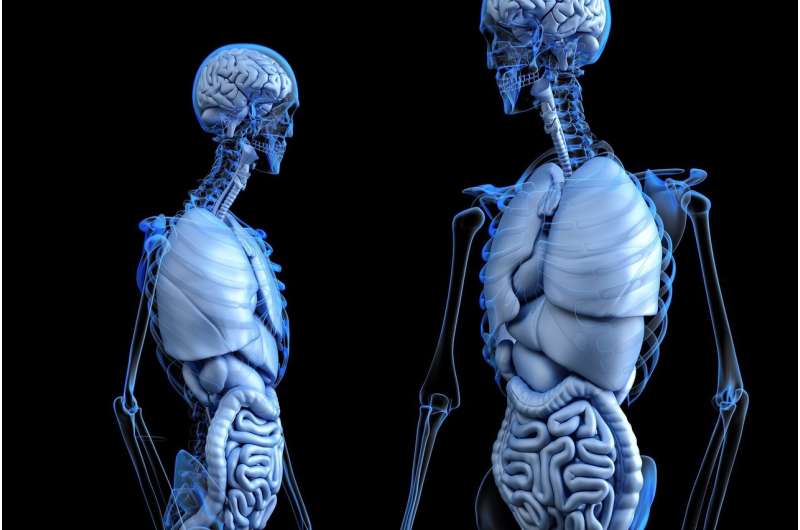
Primary sclerosing cholangitis (PSC) is a rare chronic inflammatory disease of the bile ducts and is difficult to treat, since its causes have not yet been adequately researched. Using RNA sequencing, an international research consortium led by Michael Trauner, Head of MedUni Vienna’s Division of Gastroenterology and Hepatology (Department of Medicine III), has now identified a new prognostic factor for PSC from liver biopsies. This is so-called cellular ER stress. ER stress is the name given to a complex cellular response to stress caused by the build-up of misfolded proteins in the endoplasmic reticulum (ER).
PSC is a rare disease with a poor prognosis and can lead to cirrhosis of the liver or bile duct cancer. It affects 0.01% of the population but, even though it is rare, PSC is responsible for more than 10% of all liver transplants, making it the third most common indication on liver transplant waiting lists in Europe.
In the recent study, which has now been published in the leading journal Hepatology, the researchers were able to identify a molecular signature for ER stress both in the liver cells (hepatocytes) and also in the bile duct epithelium—and notably as a stand-alone factor that is independent of the disease stage or degree of liver fibrosis (laying down of scar tissue) as a precursor to possible liver cirrhosis. “Using transcriptional analysis, we were able to identify a personalized molecular signature of primary sclerosing cholangitis, which shows that patients with an impaired response to ER stress have a poorer prognosis with a higher incidence of complications,” explains Trauner. “This discovery also opens up new treatment options, since ER stress can be counteracted with drugs.”
Source: Read Full Article
